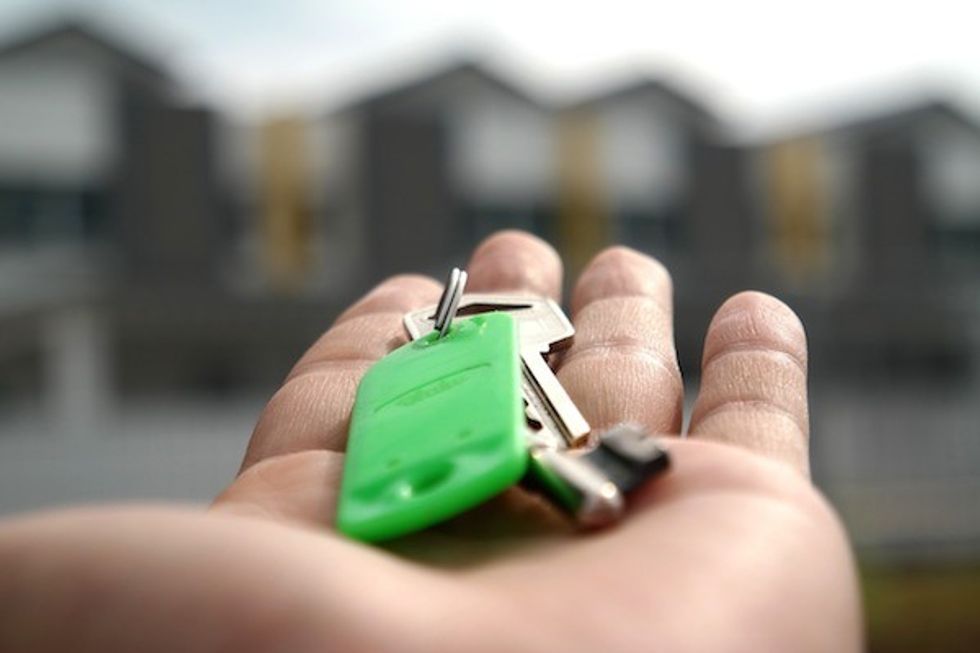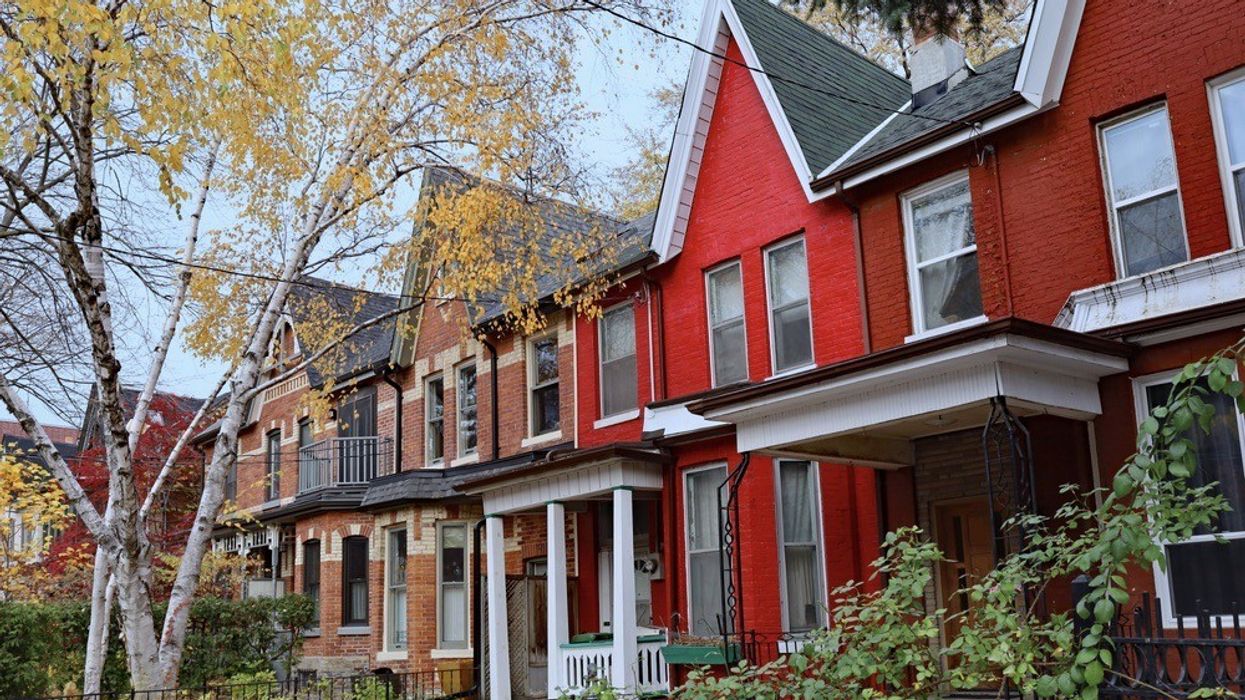Giving real estate watchers something to talk about before the long weekend, last Thursday, the Office of the Superintendent of Financial Institutions (OSFI) announced it would change the qualifying rate on uninsured mortgages.
“Effective June 1, the minimum qualifying rate for uninsured mortgages (i.e., residential mortgages with a down payment of 20 percent or more) will be the greater of the mortgage contract rate plus 2 percent or 5.25 percent,” said OSFI in a release.
It didn't take long for the Department of Finance to follow suit, confirming it will apply the same higher qualifying rate to insured mortgages (those with less than 20% down). So, basically, all buyers -- regardless of down payment – will have to qualify at 5.25%.
But will it really make an impactful difference on stabilizing the housing market? Or will it hurt first-time buyers even more?
“Some people in the real estate and mortgage are acting like this is an apocalyptic moment. It’s not,” said Ron Butler of Butler Mortgage.
“The new Stress Test Rate reduces mortgage purchasing power by 4.2% In fact, in the most super heated Canada wide Real Estate mortgage market I have ever seen, it may actually be a good idea.”
Butler isn’t alone in his sentiment. But some think it could go further.
“As this week's ‘official’ announcement has been brewing for awhile, it is anti-climactic at this point,” says Jerome Trail of The Mortgage Trail. “Regulators had declared to the public, the same time as they did to regulators, the recommendation. They have given us lots of time to process and prepare.”
Many expected any new rules to be harder hitting, given the worrisome state of the red-hot housing market as of late.

“Prior to the federal government's budget, there had been speculation about a much wider range, and more stringent, set of possible restrictions that may be coming,” said Trail. “Had the most severe suggestions been introduced, the impact would be far greater than this.”
Trail points out that the net effect of this slight increase in qualifying rate is about 5%.
“If we remember when the Stress Test was first introduced the qualifying rate was 5.34%,” says Trail. “In the grand scheme of things, and what had been discussed as possible new measures, this is not that big of a deal.”
About a month ago, Toronto mortgage broker Jake Abramowicz of Mortgage Jake says he shared thoughts with his professional network that new stress test changes would impact all buyers.
“At the time I was taking some flak from my colleagues in the industry because it was originally reported it was only for clients with 20% down or more,” said Abramowicz. “Knowing this Government very well and how badly they hate the housing market, I knew that they would apply this to all borrowers eventually.”
What he didn’t expect, he says, was how quickly it would all happen.
“In 10 days, all borrowers regardless of down payment have to qualify at 5.25% even though they are borrowing money at 1.45-2.25%,” says Abramowicz. “So, they have to prove that they can afford mortgages at least 3-3.75% higher than they actually pay.”
Abramowicz doesn’t shy away from expressing his distaste for this.
“Imagine buying a car that costs $500/month to finance but you have to prove to the dealer that you can afford payments at $1300/month?,” he asks. “Yeah, it's kind of like that.”
Abramowicz says the new rules create “a wedge between the haves and the have-nots” – one that leaves buyers with only 5 to 19% down with zero little wiggle room.
“A borrower with 5-19% down is a ‘high ratio borrower.’ That borrower can only use 39% of their income to qualify for the mortgage,” says Abramowicz. “Why does that matter? A borrower with 20% down can use 44% of their income in most cases and now a lot of banks have extended this to 49% for amazing A1 borrowers.”
As far as Abramowicz is concerned, until we see a drastic increase in supply, he doesn’t see the housing market slowing or cooling.
In the meantime, if you plan to buy before June 1 (understanding that the clock is ticking), you should apply for a mortgage before then too (even if you have a pre-approved one), says Abramowicz.
No pressure.





















